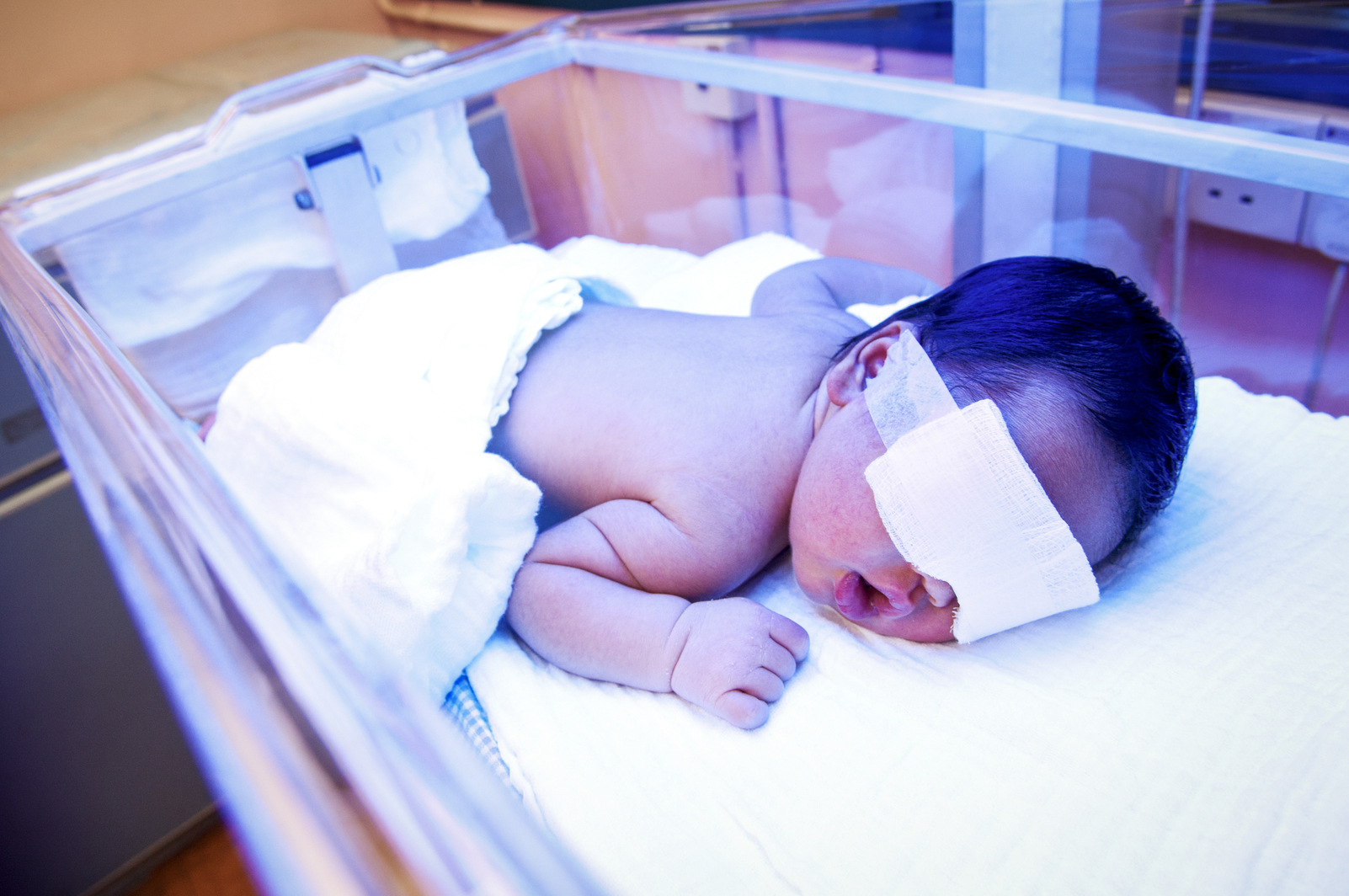AI has perfect detection rate for severe cases of condition that causes blindness in preemies
An artificial intelligence (AI) technology can accurately and independently detect 100% of severe cases of retinpathy of prematurity, a blindness-causing condition that affects prematurely born babies, according to new research from Oregon Health & Science University and collaborators, published today in the journal JAMA Ophthalmology.
The technology has the potential to expand worldwide screening — and ultimately sight-saving treatment — for retinopathy of prematurity, or ROP.
ROP causes abnormal blood vessel growth near the retina, which is light-sensitive tissue at the back of the eye. About 2 million babies annually are born early enough to develop ROP, although in most cases the disease is mild and resolves without treatment. Severe cases cause about 500 babies in the United States, and about 50,000 babies globally, to go blind every year. More cases go untreated in low- and middle-income countries, where there are fewer ophthalmologists to examine and treat preemies.
If the technology is ultimately approved by regulatory agencies, ROP would become the second eye disease that can be independently detected by AI. Diabetic retinopathy — which affects people with diabetes and is the leading cause of blindness in working age adults — can already be detected with three autonomous AI devices that are approved for use in the U.S.
news via inbox
Subscribe here to get latest updates !








